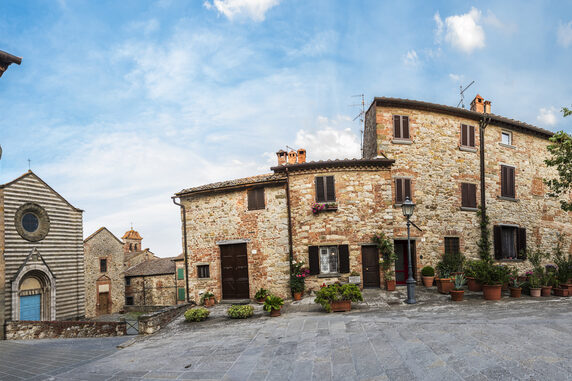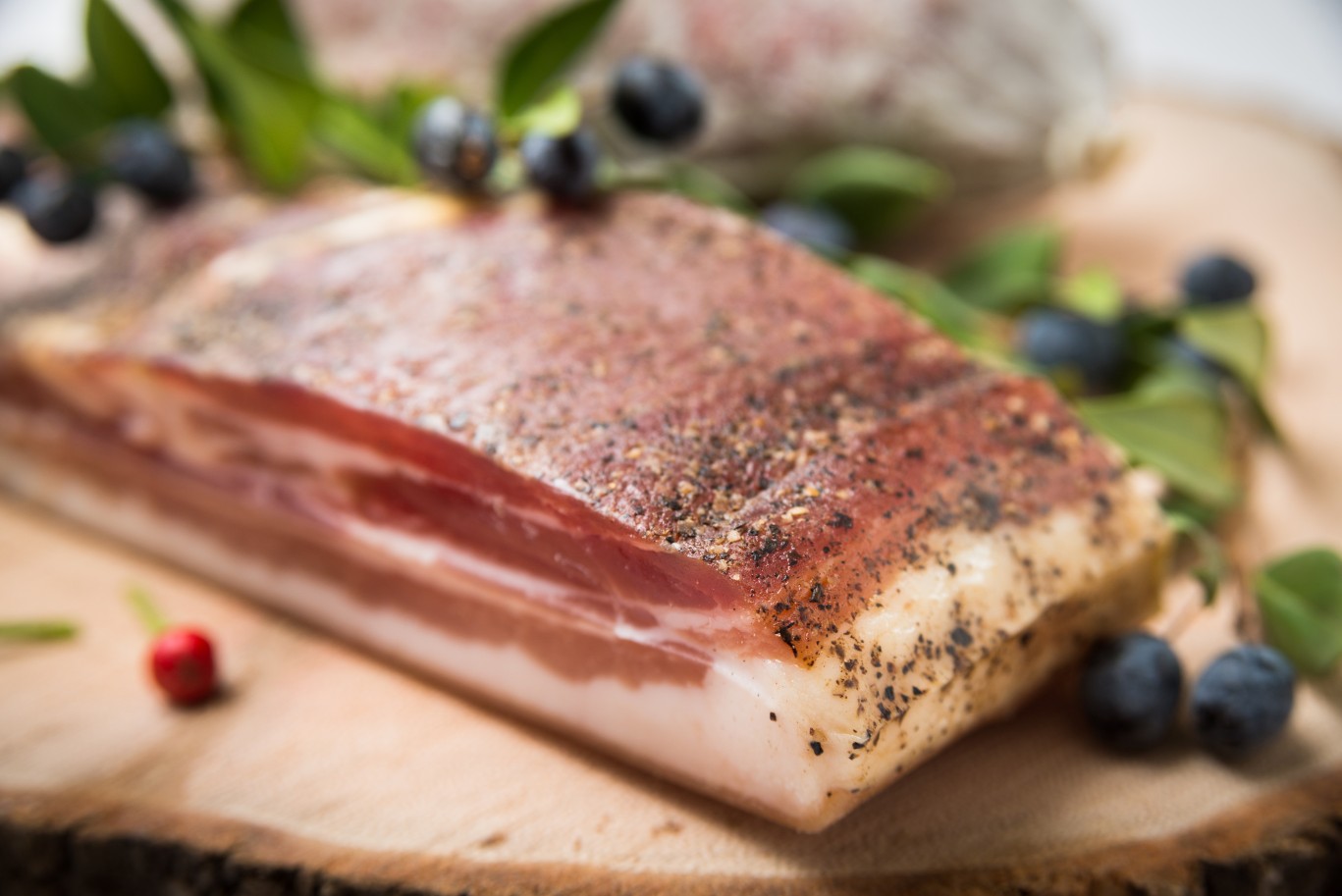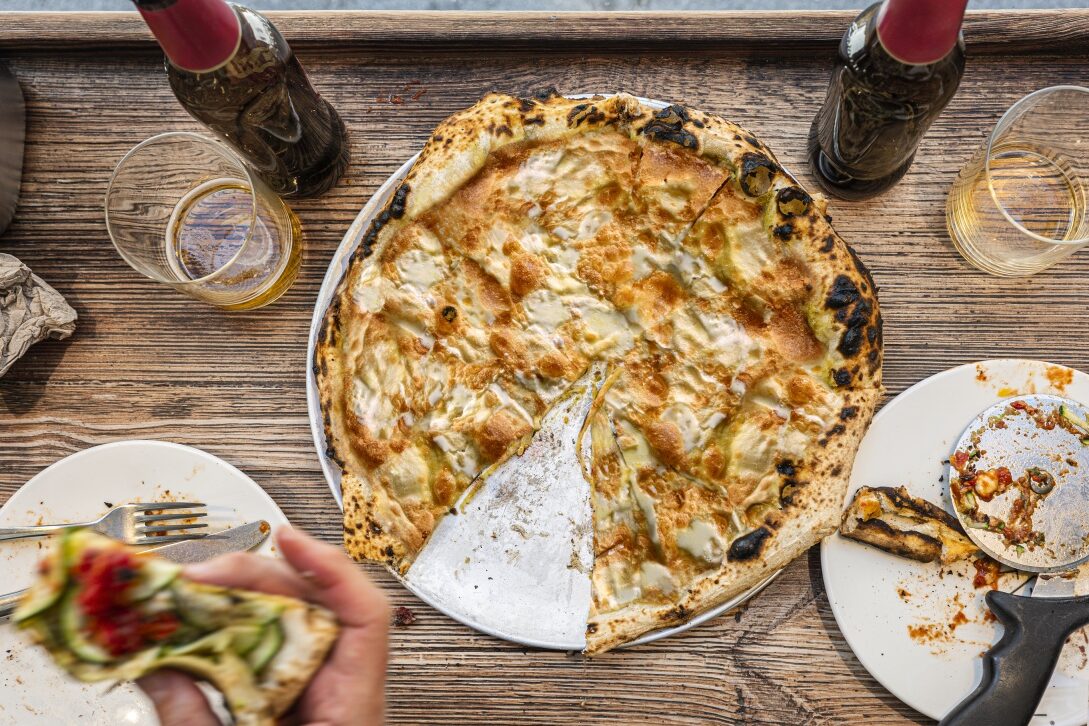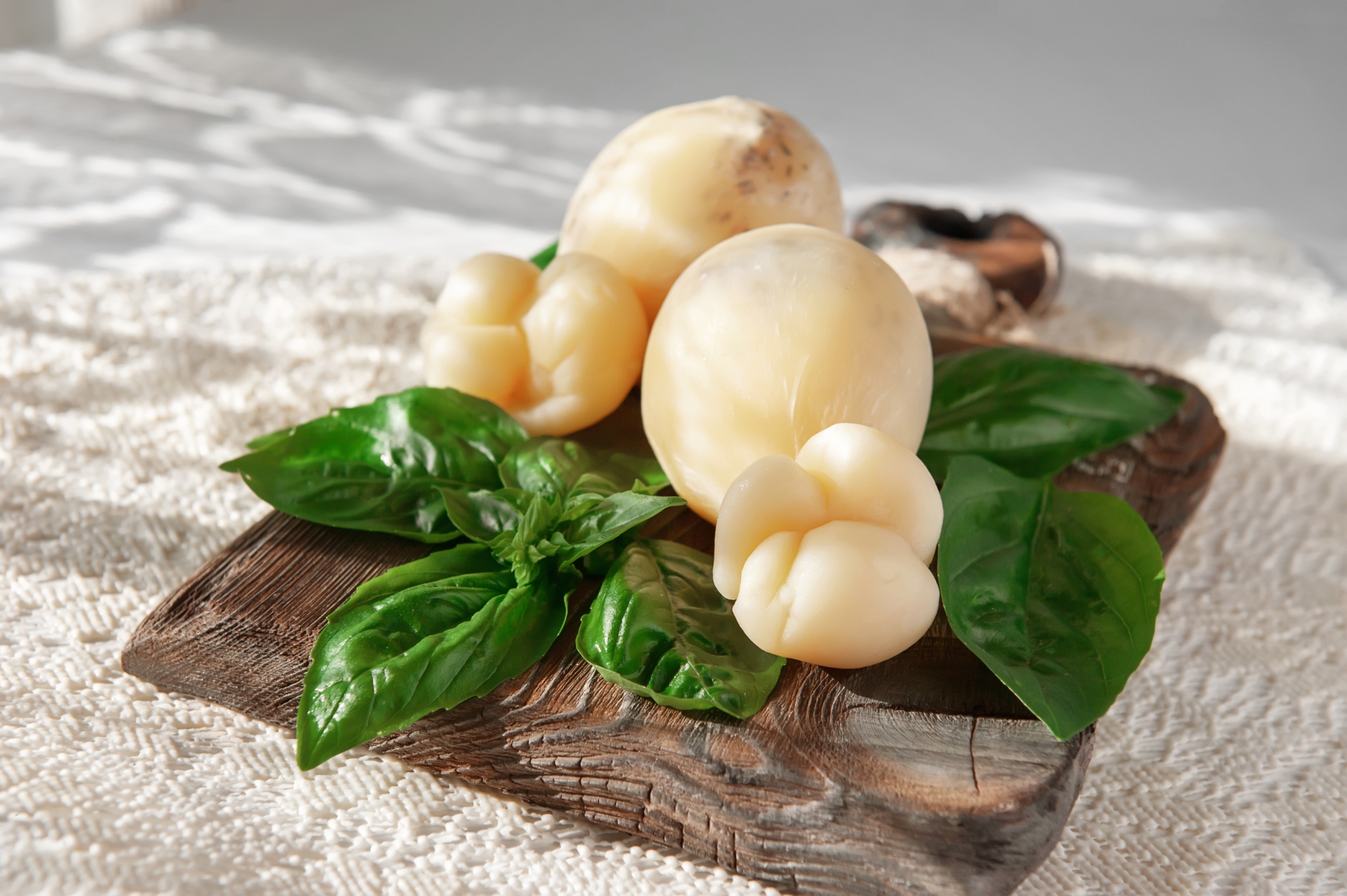Assaggiare (ah-ss-ah-djah-rai) is one delicious verb: it means to taste, or try out, food. You may be familiar with expressions like fammi assaggiare! (Let me try it!) or assaggia la pasta prima di scolarla (try the pasta before draining it), typical of all Italian kitchens. If you had the luck to grow up with an Italian grandma, then you probably have fond memories of when she’d let you taste the sugo while it was still simmering on the stove, by dipping a generous piece of bread in it: “assaggia, e dimmi se va bene,” she’d say (taste it and tell me if it’s good), and it was always, always perfect.
Assaggiare is also a bit of a hipster word these days, because we all want to “assaggiare” new delicacies, try out new culinary trends: mi piacerebbe assaggiare la cucina mediorientale, (I’d like to try middle eastern cuisine) or andiamo ad assaggiare la birra artigianale di quel pub (let’s go try the artisanal beers that bar serves).
But assaggiare has a long history behind: it was used for the first time in the 13th century and it is the compound of ad- and saggiare, which means to experiment: it seems the association between food and creativity typical of Italian cuisine is visible even in the words we use for it!
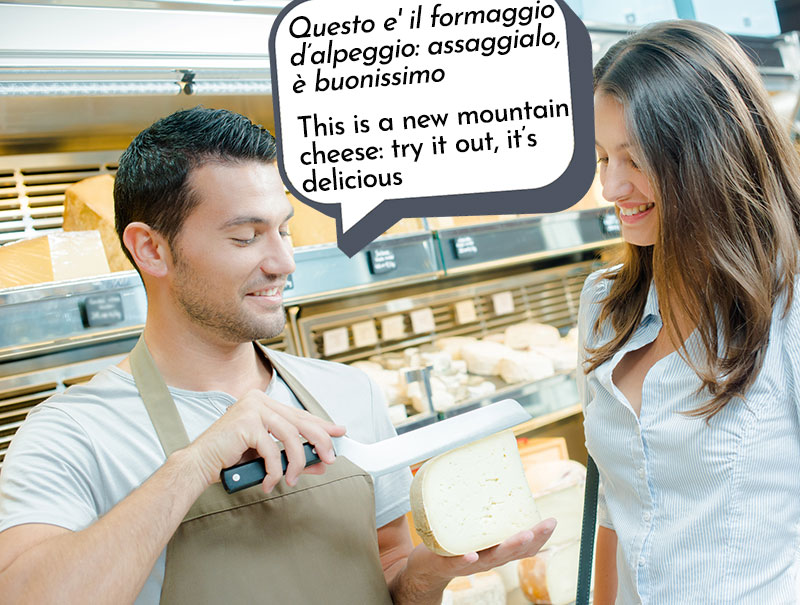
Questo e’ il formaggio d’alpeggio: assaggialo, è buonissimo.
This is a new mountain cheese: try it out, it’s delicious.

Hai già assaggiato la torta di mele di Michele?
Have you tried Michele’s apple pie, yet?
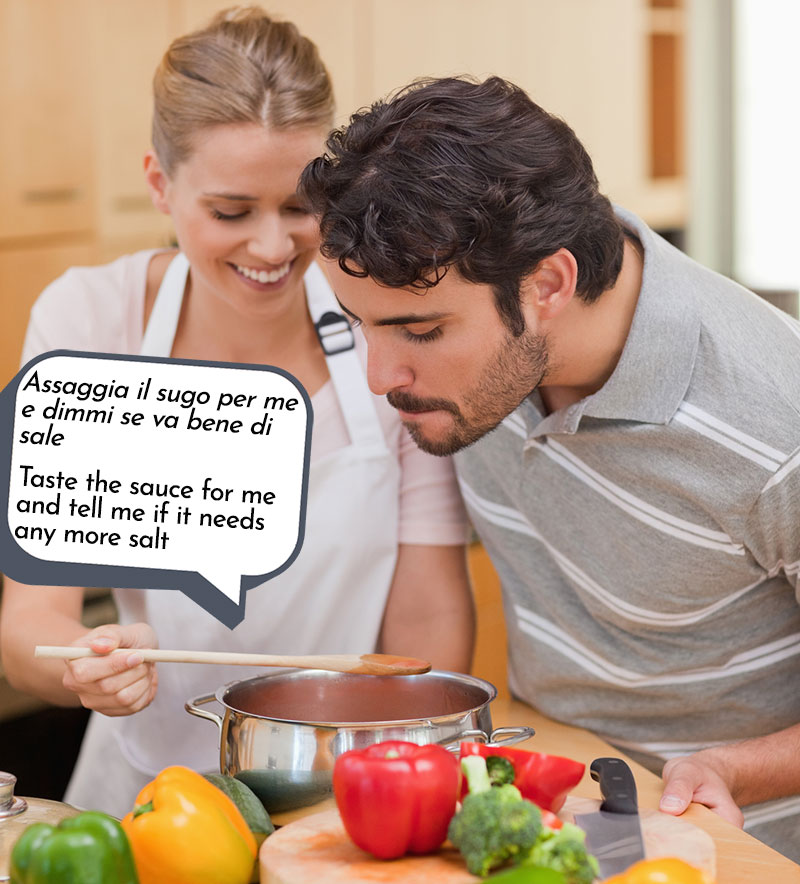
Assaggia il sugo per me e dimmi se va bene di sale.
Taste the sauce for me and tell me if it needs any more salt.








